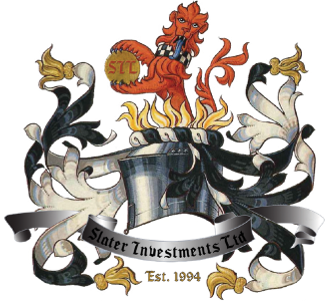
Source: Refinitiv 7.10.2020
This chart takes its data from Refinitiv, which has set itself up as a major supplier of ratings for ESG. Having a good score would seem to be an attractive feature of an investment. But hang on, the figures from Refinitiv say otherwise. In fact you can see that the best rated companies 3 years ago went on to give lower returns, in fact no return at all, over the following three years. How can this be? It seems reasonable to expect that a sensitivity to considerations of the environment, social duties and governance would lead to a generally well run business. Well, let’s take a look at the companies which received the highest A rating three years ago:

Source: Refinitiv 7.10.2020
This is a pretty mixed bag, with outcomes ranging from -85% to +68%. Without spending time looking at each company, the point this makes is that a good or even top ESG rating is no guarantee of good times ahead. If investors want to force fund managers to filter out companies which are lowly rated, they better prepare for some unsustainably poor returns.
ESG ratings may not be entirely useless in terms of expected performance. In the chart here we looked at what happened to A graders who lost a bit of their halos. Here we can see that fallen angels gave a poor return. But is the dog barking as the fox disappears over the hill?

Source: Refinitiv 7.10.2020
We do take issues of sustainability very seriously. Some businesses by their nature are unsustainable and as a result make for difficult investments. Our emphasis on Price/Earnings (PE) ratios and growth rates makes it hard to invest in gold mines, for example. They can have very impressive net present values but the gold runs out and so do the profits. They can be attractive but they have no place in a Growth Fund.
More generally, being sustainable means running the business for the long term. Most markets involve regular transactions between buyer and seller. Bad treatment means customers go elsewhere. It isn’t sustainable. The same goes for employers and employees. They have to play fair by one another or the relationship breaks down. We look closely at data on customer churn and staff churn. They give a good idea of what’s really going on.
As for ESG, yes we take it seriously, and this is why we prefer to look for ourselves instead of relying on a rating system, however sincere and thorough it may be.
Important: Slater Investments Limited does not offer investment advice or make any recommendations regarding the suitability of its products. No information contained within this article should be construed as advice. Should you feel you need advice, please contact a financial adviser. Past performance is not necessarily a guide to future performance. The value of investments and the income from them may fall as well as rise and be affected by changes in exchange rates, and you may not get back the amount of your original investment.
